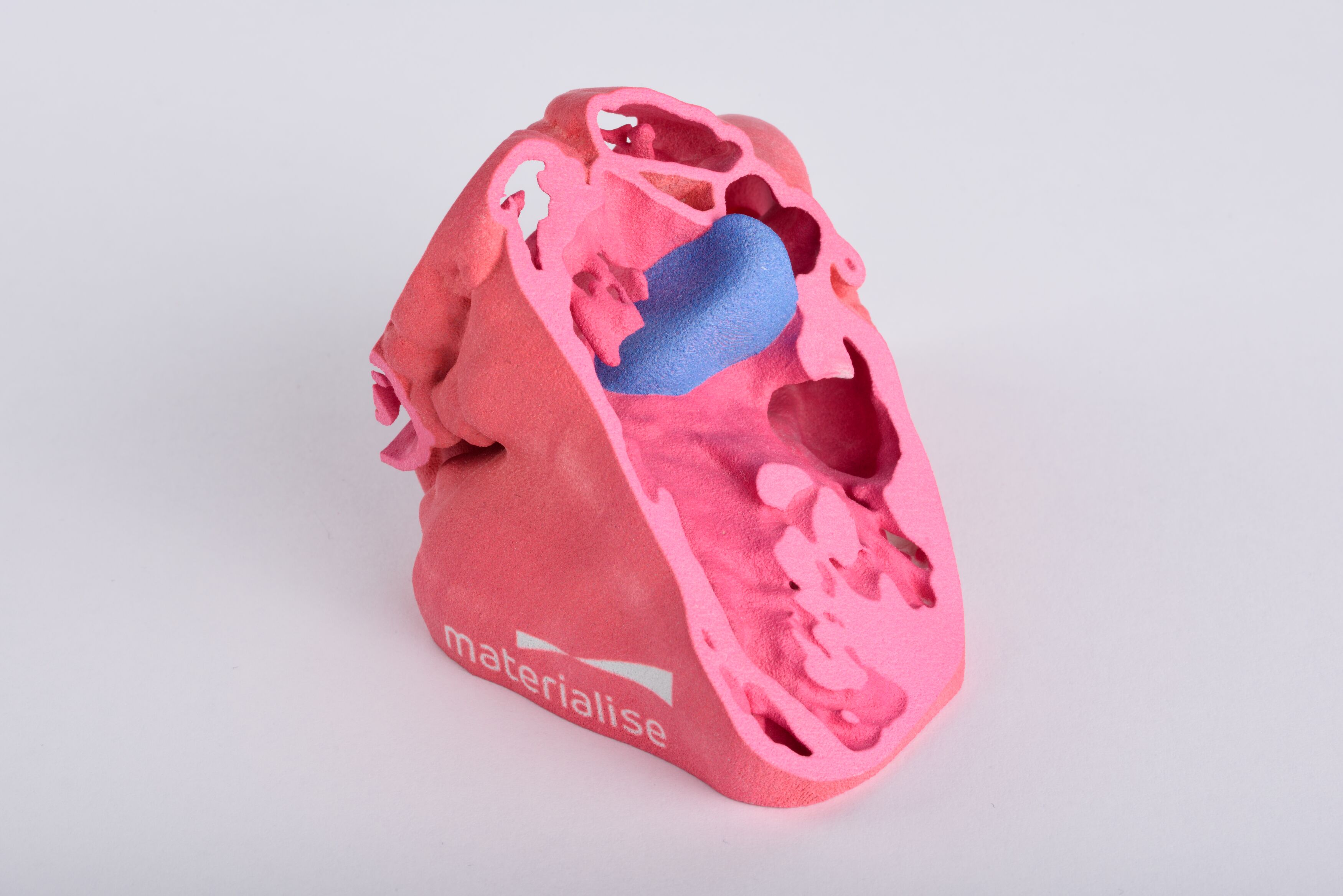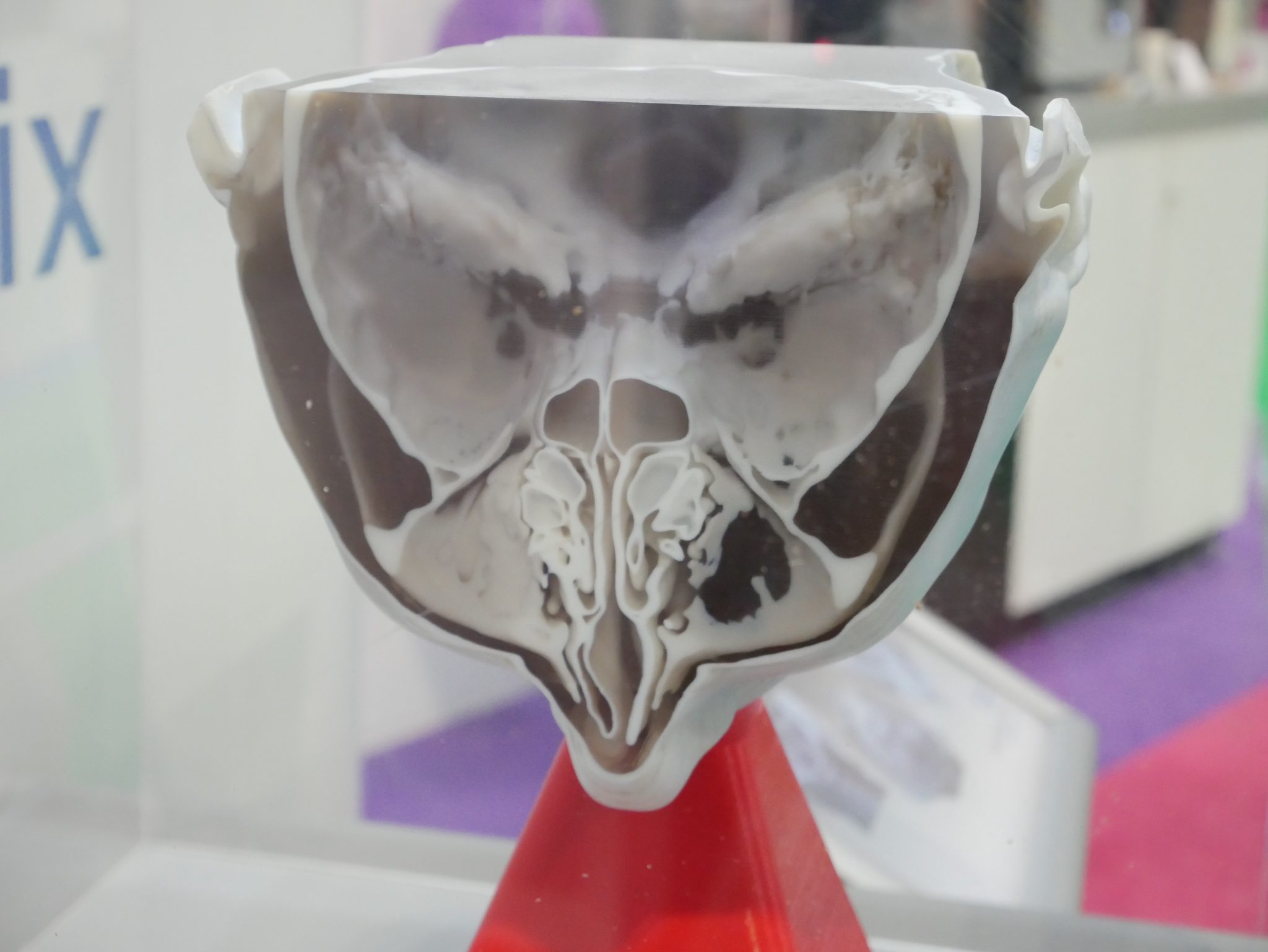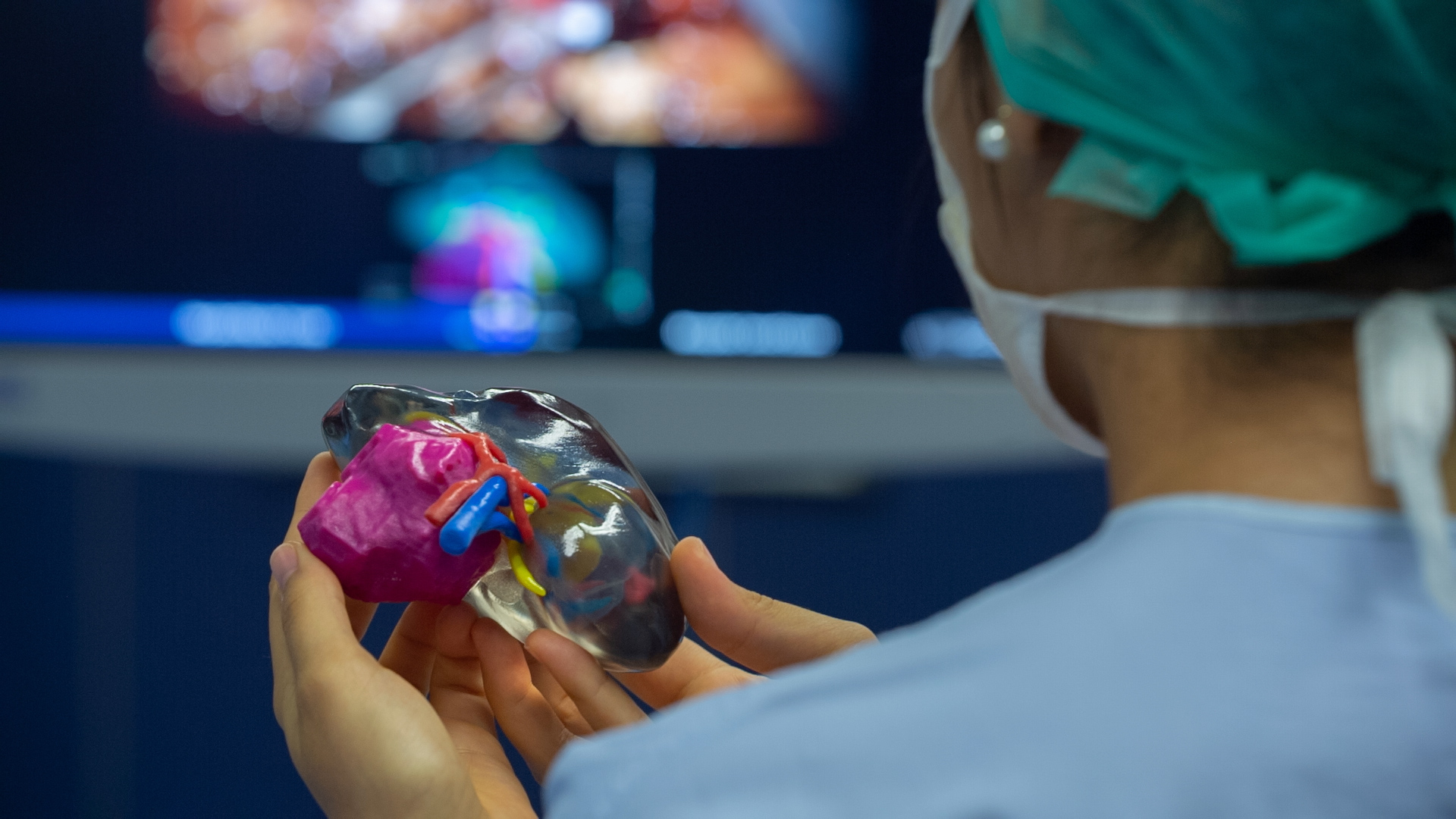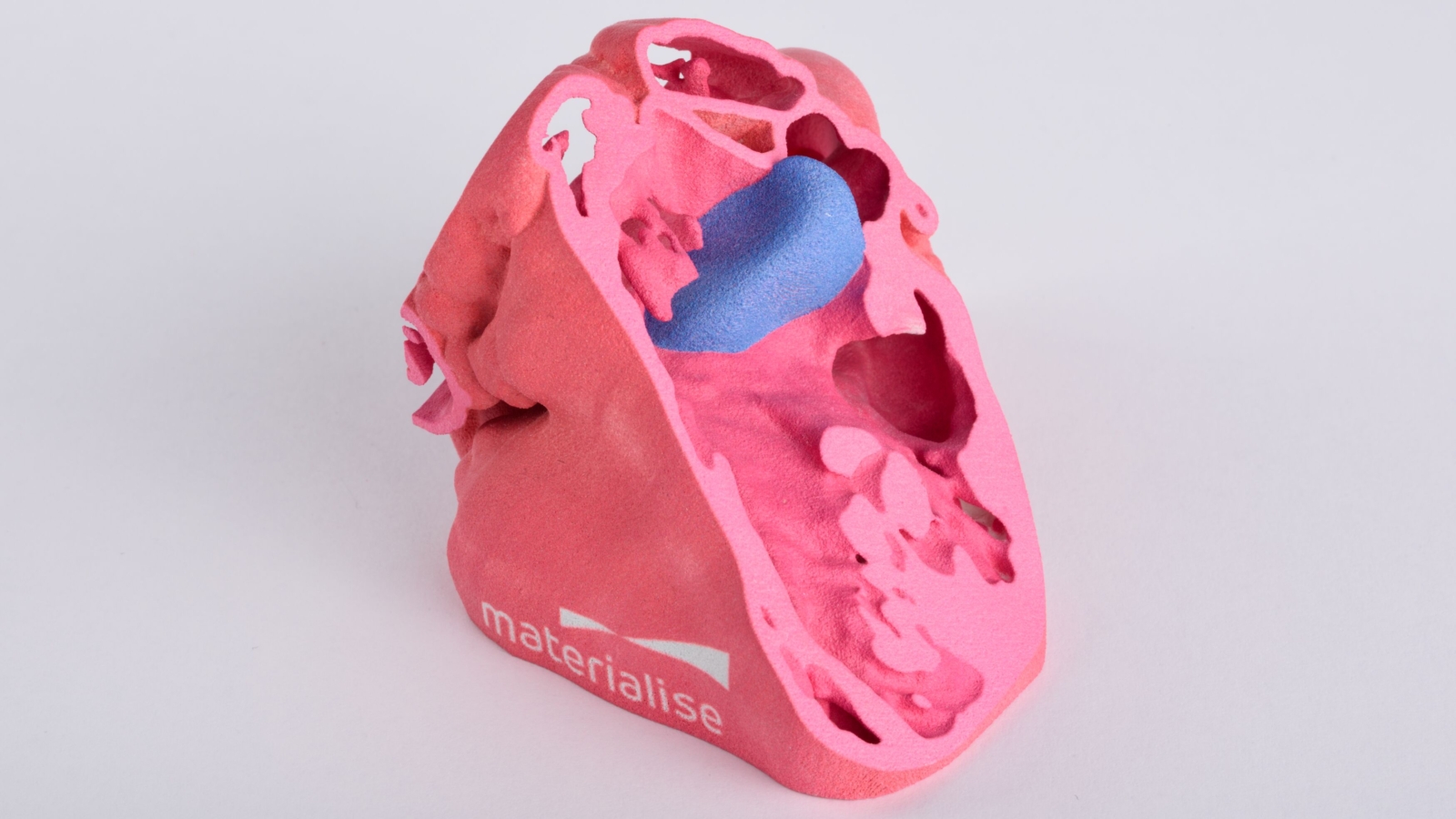The Radiological Society of North America (RSNA) and the American College of Radiology (ACR) are building a 3D printing clinical data registry to support medical professionals applying additive manufacturing in healthcare.
Expected to pilot this fall, the RSNA-ACR 3D Printing Registry is set to enable analyses and demonstrations of the clinical value of 3D printing. This has been recognized as a challenge due the amount of data and technologies used for generating and 3D printing physical models from medical images.
“The creation of the joint RSNA-ACR 3D Printing Registry is essential for the advancement of clinical 3D printing,” said William Weadock, MD, professor of radiology at the University of Michigan and chair of the RSNA 3D Printing Special Interest Group (SIG).
“The registry will allow us to collect data in support of the appropriate use of this technology and its value in clinical decision making, and this collaboration between RSNA and ACR shows the importance of 3D printing to radiology.”
Formlabs, HP, Materialise and Stratasys have provided critical financial support in the form of unrestricted grants for this initiative.

Benchmarking 3D printing for clinical care
The RSNA-ACR 3D Printing Registry follows last month’s release of four new Category III Current Procedural Terminology (CPT) codes for the production of 3D printed anatomical models and personalized cutting or drilling tools. The CPT codes, proposed by the ACR, are tailored towards reimbursement for the making of such medical equipment.
“Medical models and surgical guides have been 3D printed for well over a decade, as niche applications — and without CPT codes,” explained Frank Rybicki, MD, PhD, chair of the ACR Committee on Appropriateness Criteria and founding chair of the RSNA SIG.
Manufacturing on Demand
“For example, craniomaxillofacial care providers generally accept that 3D printing is valuable and integral to patient care. However, when applying for CPT codes, it became clear that this ‘general acceptance’ lacked peer-reviewed literature to demonstrate value. This registry will supply data to benchmark the value of this subspecialty.”

Understanding additive manufacturing in healthcare
The RSNA have previously published a set of guidelines suggesting standard approaches for 3D printing in healthcare. This is also being integrated into the developing 3D printing registry, which will be hosted by the ACR’s National Radiology Data Registry (NRDR) system.
The NRDR is a leading platform for clinical quality registries in imaging and currently houses six registries with more than 6,500 participant sites and more than 150 million cumulative cases. Charles Kahn, MD, MS, chair of the RSNA Radiology Informatics Committee, added:
“The RSNA 3D Printing SIG has brought together leaders from radiology practice and from the 3D printing industry to advance the science and applications of this important new technology. The registry will help us understand the value that 3D printing can bring to clinical practice.”
The registry has been supported by the efforts of Jane Matsumoto, MD; Andy Christensen; Kenneth Wang, MD; Leonid Chepelev, MD, PhD; Edward Quigley, MD, PhD; Justin Ryan, PhD; and Nicole Wake, PhD.
Updates on the RSNA-ACR 3D Printing Registry will be posted via the NRDR website.

* This article is reprinted from 3D Printing Industry. If you are involved in infringement, please contact us to delete it.
Author: Tia Vialva


Leave A Comment